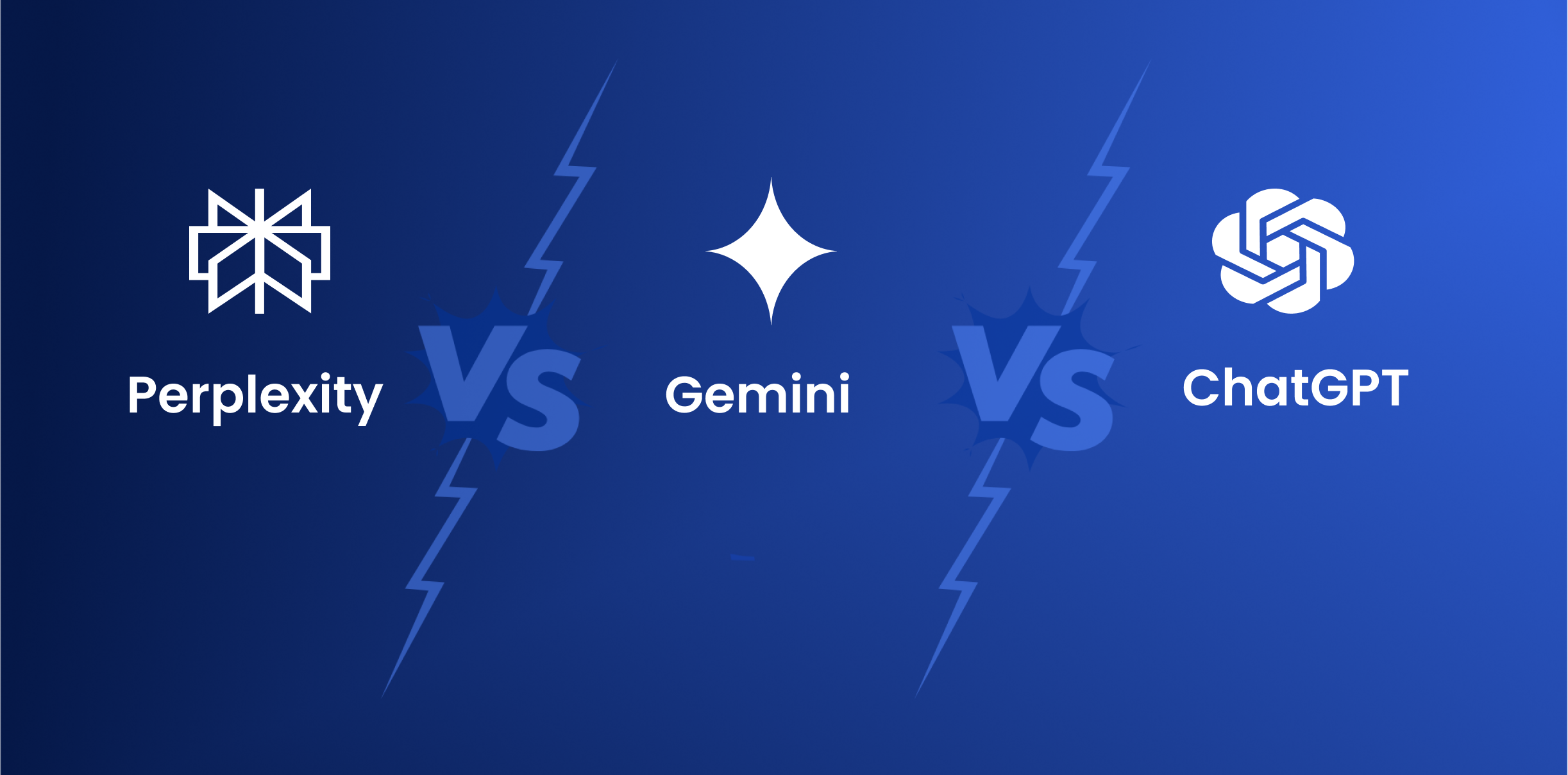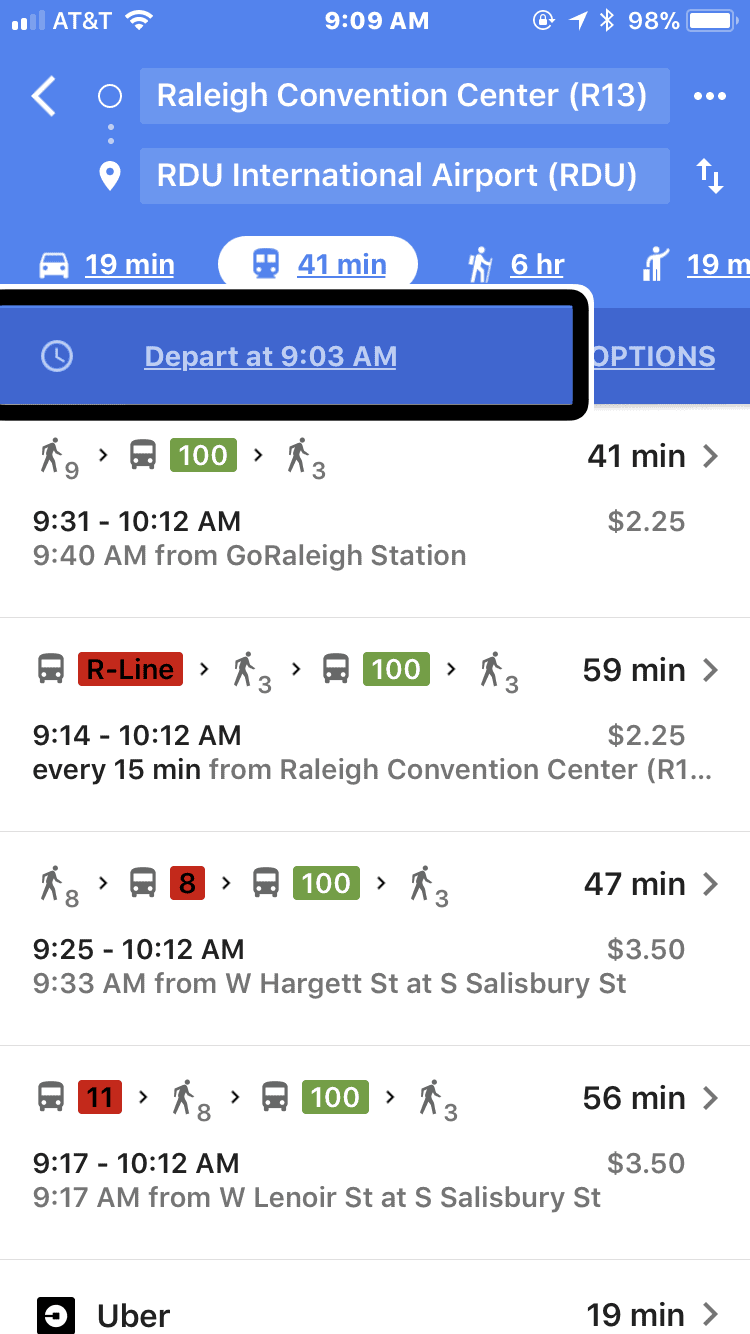Google Unveils New AI Tools For Travel And Study - The Pinnacle ...
As summer approaches, millions of Americans are preparing for travel, with nearly half of all adults planning trips that require a flight or hotel. According to a March 2025 survey, 44% of Americans are gearing up for vacations, prompting the need for effective travel planning tools. Google has stepped up to meet this demand by announcing several new AI features and updates for its suite of applications designed to streamline the travel booking process.
Enhancements in Travel Planning Tools
On April 13, 2025, Google unveiled enhancements to its existing tools, particularly focusing on Google Search, Maps, Lens, and the Gemini AI chatbot, all aimed at making vacation planning easier and more efficient. These updates are particularly timely as travelers seek to create detailed itineraries and discover new destinations.
One of the standout features is the expansion of Google's AI Overviews in Search, which was initially launched in March 2024. This tool now allows users to generate personalized travel itineraries not just for cities but for entire regions or countries. Users can simply input a command like "create an itinerary for England with a focus on history" or "create an itinerary for New Zealand with a focus on nature," and the AI will compile a detailed itinerary based on data from various sources, including reviews and business profiles submitted to Google.

As helpful as AI can be, it’s crucial to remember that these tools are not infallible. Users are advised to fact-check AI-generated information with reliable sources, especially since the technology can sometimes produce inaccuracies.
Enhanced Features of Gemini AI Chatbot
Another innovative feature is Gemini, which has been enhanced to suggest activities and dining options based on user preferences. Since its fall 2024 update, Gemini can recommend budget-friendly activities in a specific city or suggest things to do on a rainy day. This AI chatbot utilizes Google reviews to curate personalized suggestions, presenting them as pins on a map to facilitate easier planning.

Moreover, Google has introduced the Gems feature within Gemini, allowing users to customize their AI assistant for specific tasks. This means individuals can create a "travel agent" Gem to help with trip planning, from choosing destinations to finding restaurants. Users can access this feature for free without a subscription, making it an accessible option for those looking to streamline their travel planning.
Improvements in Mapping and Hotel Booking
In addition to itinerary planning, Google is rolling out a new feature in its Maps app that identifies locations in screenshots and organizes them into a list. This feature, currently available for iOS users in the US, scans screenshots for text that mentions specific places, allowing users to save, review, or share their travel ideas easily. Android support is expected to follow soon.
For those concerned about lodging costs, Google has also updated its hotel booking capabilities. At google.com/hotels, users can now track prices for their selected dates and destinations, receiving email notifications if prices drop significantly. This feature mirrors the successful price tracking already available for flights on Google Flights, allowing users to set filters for star ratings, beach access, and other preferences.
Language Assistance with Lens and Educational Enhancements
Language barriers can pose challenges when traveling abroad, but Google's Lens feature offers a solution. While not a new addition, Lens continues to be invaluable for translating menus, signs, and other text in foreign languages. Users can point their camera at text, and Lens will translate it in real time, making navigation in unfamiliar settings much more manageable.

In the realm of education, Google is also enhancing its NotebookLM, an AI-powered note-taking and studying assistant that has been around since 2023. Recently, Google announced new features for NotebookLM, including a Mind Map function that helps users visualize their study materials and understand complex topics.
Additionally, NotebookLM now includes a Discover button, which curates a list of relevant online sources based on the user’s notes, presenting up to ten sources at once. This feature aims to save students time by reducing the need for extensive online searches.
NotebookLM has also expanded its capabilities to recognize content in various file formats, including PDFs, and is now able to support images and graphs. This versatility is particularly beneficial for students who rely on diverse materials for their studies.
As Google continues to innovate and integrate AI into its tools, the potential for enhancing user experience—whether for travel planning or studying—grows. These updates reflect a commitment to making everyday tasks more efficient and accessible, particularly as people navigate the complexities of travel and education.




















